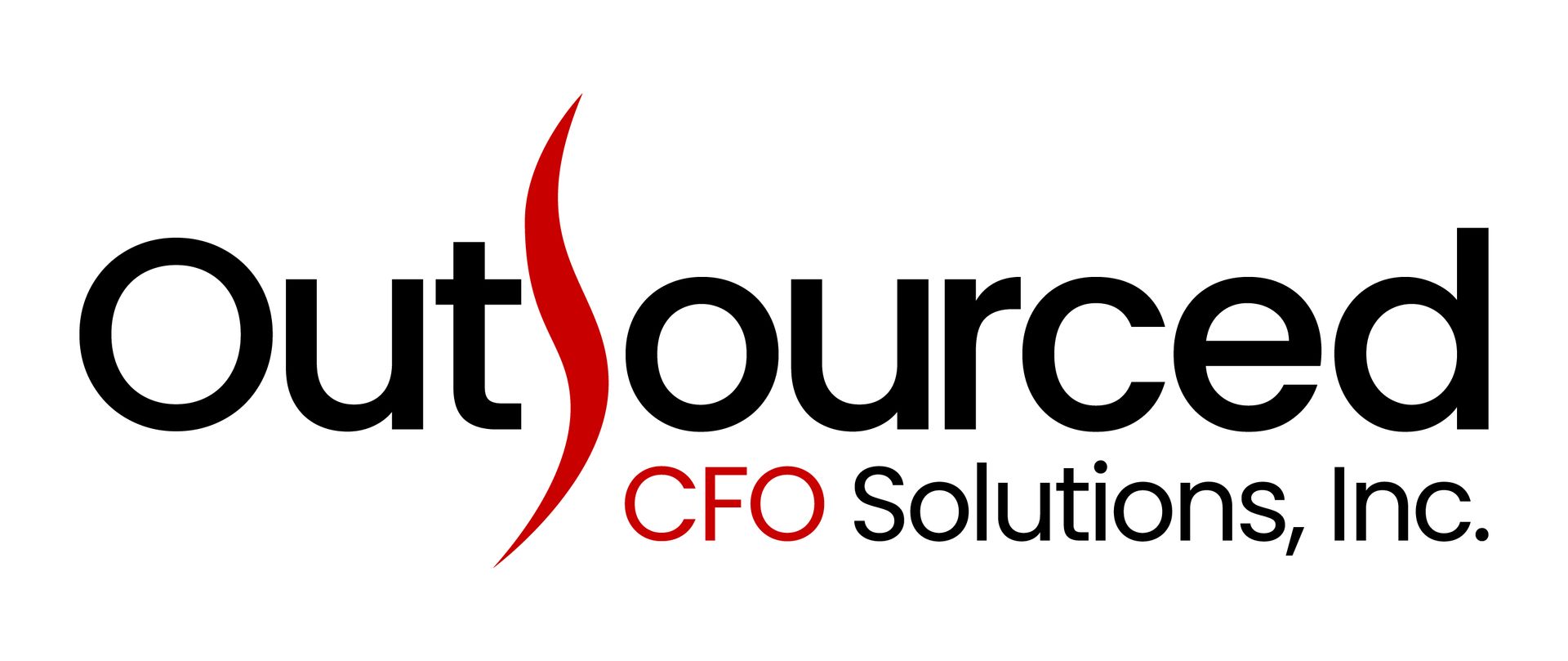2023 What Are CFO Services? Chief Financial Officer Services Explained
A CFO is the Chief Financial Officer of an institution. The CFO of an organization manages the financial state and actions of the company. This includes tracking key metrics and reporting on cash flow. They also create reports advising the CEO and board on course corrections. A CFO can detect potential financial problems for the company before they arise.
Key Metrics and Reporting
Depending on your business, the key metrics for forecasting your financial outlook may be radically different. A company selling software subscriptions will have significantly different needs, goals, and metrics than one that sells a different service or product. CFOs assemble a combination of cash flow metrics, expected revenue, and other factors into a cogent and digestible form. They can then use this to inform the company of its current status and near-term prospects.
A CFO also needs to manage and identify bookkeepers who can produce reliable data. They must also be able to interpret the results of their financial data within the framework that they establish. No matter how predictive a set of metrics is, they are of little value if you do not have a team that can carry them out.
Manage Annual Budgeting and Strategy
The next stage after establishing metrics is to leverage them into immediate budgeting and long-term strategy recommendations for the company. The CFO exerts influence on the overall course that the company will take. Their information and advice will help determine how much cash to keep liquid or invested. They can also predict which capital investments are likely to have the greatest impact on the long-term health and growth of the company.
It is expected that the CFO will be an active guide to leadership when maintaining and developing new financial practices. They will explore new methods that can be more financially efficient for the company. One of a CFO’s most critical duties is the evaluation of recurring costs and determining whether they are outpacing or matching growth. However, it does little good if that information is not translated into a meaningful and executable change in the way that the company does business.
Tasks That May or May Not Be Performed by an Outsourced CFO
Depending on the specific needs of the organization, certain tasks may or may not fall under the purview of the CFO. If you are contracting for outsourced CFO services, your CFO may not participate in certain external-facing responsibilities. Fundraising and board meetings, in particular, are things that outsourced CFOs do not always participate in. Their time is better spent on the establishment and translation of reporting than on the finalization of decisions and the intake of new investments. Similarly, advice on mergers or acquisitions is given at the discretion and experience level of the CFO in question.
Things Outsourced CFOs Do Not Do
Certain tasks fall firmly outside a CFO’s purview. First and foremost, they do not shoulder the full legal burden of all financial decisions. That weight falls to the board and the permanent executive suite, primarily the CEO. Similarly, investor relations are the responsibility of the CEO and the permanent staff of the company, not an outsourced CFO.
Some companies may blend the duties of a CFO with those of other branches of the company’s administration. An outsourced CFO does not manage the HR department or other administrative components of the company.
What an Outsourced CFO Adds
A CFO brings clarity and focus to the financial future of your company. Understanding where you are in the market and how stable your company’s finances are is crucial. It allows you to make the right choices as you continue to grow your company. The quality of your financial leadership can be a significant competitive advantage over other companies. It is often the difference between staying level and experiencing significant growth.
FAQs
Q: What Are the Daily Responsibilities of a CFO?
A: A CFO’s daily responsibilities involve working on monitoring the investments held by the company. They will also track movements in the market that might impact them. They will be continuously evaluating the risks and liabilities that the company is negotiating. The CFO will then factor them into current budget recommendations and reports.
Q: What Are the Advantages of Outsourcing CFO Services?
A: Some companies are large enough that they would benefit significantly from long-term financial planning for their institution. However, many of them cannot afford a full CFO salary. These companies generally fall between $1 million and $50 million in revenue. In this space, a CFO’s salary would represent between 0.5% and 20% of the company’s total revenue for the year. This will impose a significant financial burden. Outsourcing services can save up to 80% of this cost while still delivering the needed guidance.
Q: How Long Have CFOs Been Part of Corporate Culture?
A: The term “CFO” came to particular prominence in the 1980s. However, the basic job and its duties have been around as long as capitalism. A CFO serves an extremely similar role to a treasury advisor or financial manager. The modernization of the field of finance has truly radicalized the efficacy of these positions. However, the responsibilities are very much the same as they have always been. What has changed is the prestige and seriousness with which companies now take the position, hence the title change.
Q: What Financial Services Don’t CFOs Take Care of?
A: The CFO is primarily tasked with analyzing and reporting on the company’s greater financial picture. They examine a company’s cash flow accurately to guide it toward long-term success. However, they do not represent the leadership of the company at large or conduct the individual reporting of transactions.
CFOs do not take care of large-scale investor relations or mergers, though they often provide reporting to support these efforts.
Their position is not the same as that of accountants or bookkeepers. They are also not responsible for all the individual purchasing decisions of the company.
Get the Assistance You Require at Outsourced CFO Solutions
If you need CFO services, we can guide your business to a greater financial future. Contact us today for more information.
The post 2023 What Are CFO Services? Chief Financial Officer Services Explained appeared first on Outsourced CFO Solutions, Inc..



